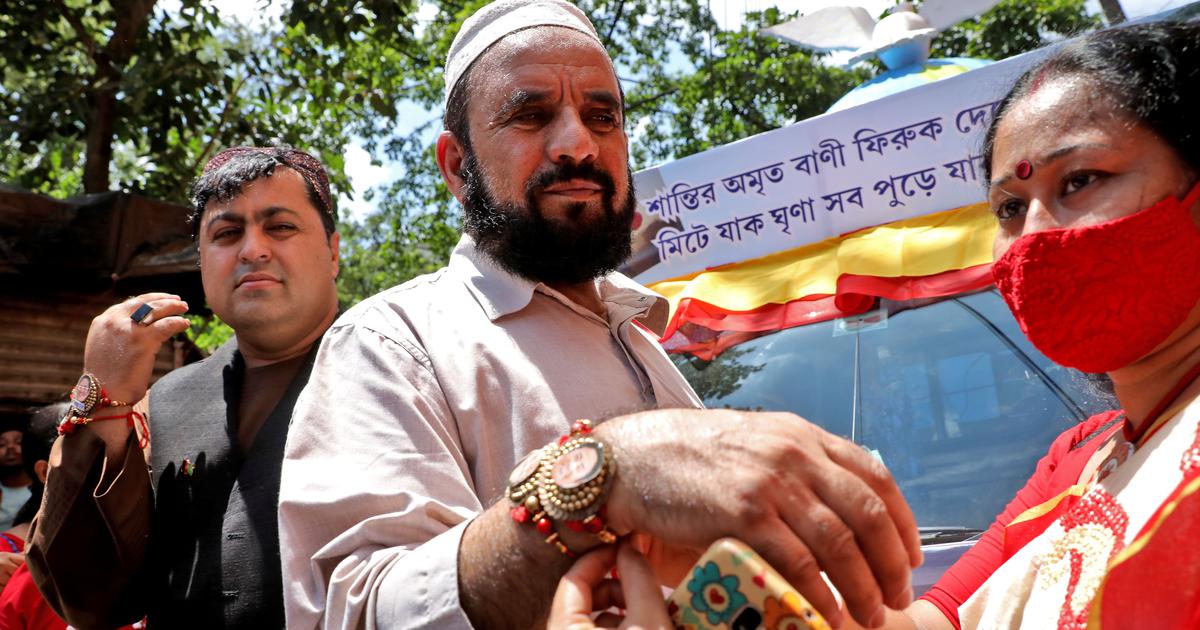When a Taliban minister invokes Tagore’s ‘Kabuliwala’: An Afghan imagines the poet’s quiet response

In 2012, I turned to a senior colleague at the BBC for help. He was Bengali – older, thoughtful and the kind of mentor who encouraged me to write, photograph and pursue stories that carried meaning and truth. I told him about a story I couldn’t let go of, one that had followed me all my life in exile: Kabuliwala by Rabindranath Tagore.
I had grown up in India, away from my homeland, and in Tagore’s story of a travelling Afghan selling dry fruits in Bengal, I saw pieces of myself: the foreigner who became familiar, the wanderer who longed to belong. I wondered if the Kabuliwala had truly been fiction, or if his descendants still walked the lanes of Kolkata. Did they still speak Pashto? Did they still carry that gentle dignity of distance?
I asked Nazes if he would help me. I needed someone who knew Kolkata’s backstreets and its layered soul, for I was, like the Kabuliwala, still a stranger in that city. Nazes, a proud Bengali, would later translate Mujtaba Ali’s remarkable writings – essays that captured the deep historical affection between Afghanistan and Bengal. He smiled and said, “Then we must go looking for him.”